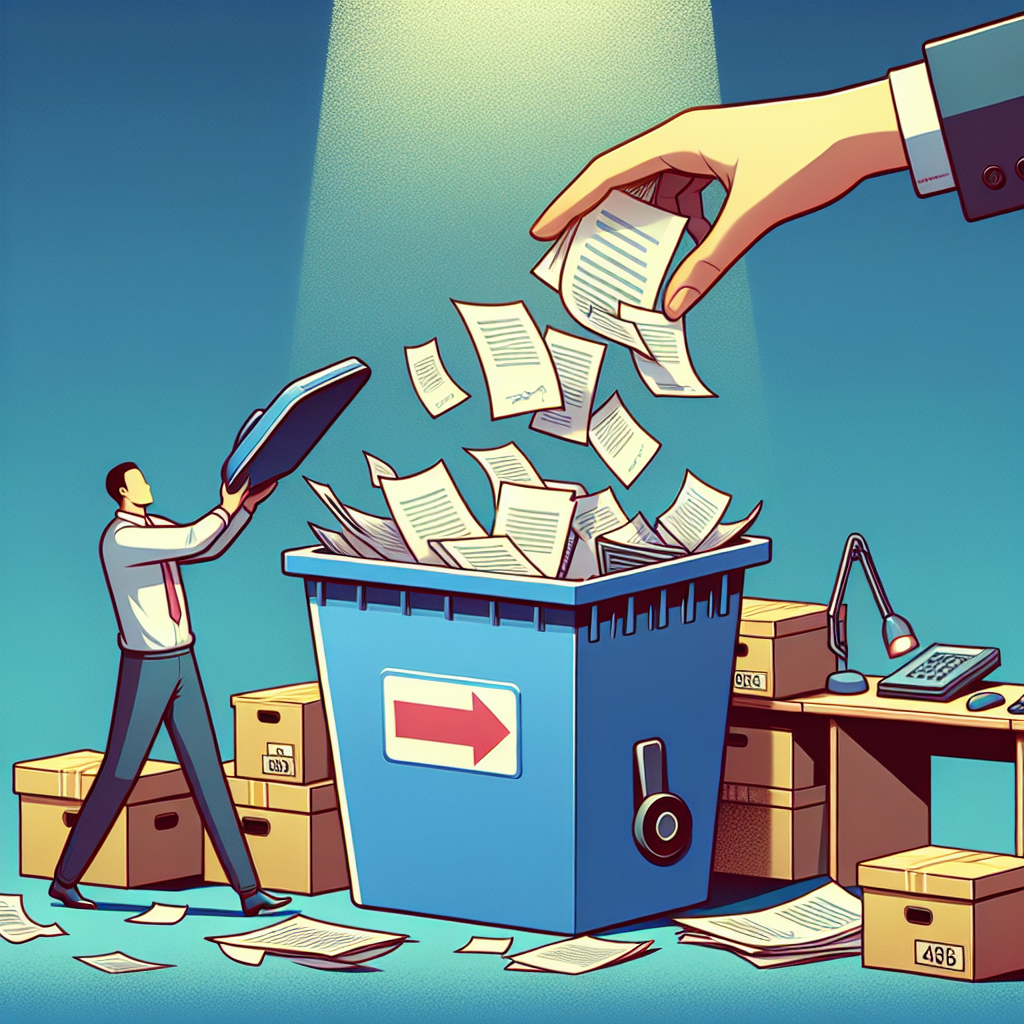Introduction
Accidentally emptying your Recycle Bin can be a frightening experience, especially if it contained important files. Fortunately, not all hope is lost. This comprehensive guide explores whether it’s possible to recover files from an emptied Recycle Bin, the methods available, and best practices to enhance your chances of successful data recovery.
Understanding the Recycle Bin
The Recycle Bin serves as a temporary storage area for deleted files on Windows operating systems. When you delete a file, it’s moved to the Recycle Bin, allowing you to restore it if needed. However, once the Recycle Bin is emptied, the files are not immediately erased from the hard drive. Instead, the space they occupied is marked as available for new data, making recovery still possible under certain conditions.
Can You Really Recover Files from an Emptied Recycle Bin?
Yes, it is possible to recover files after the Recycle Bin has been emptied. When files are deleted, the system removes the pointers to the data but leaves the actual data intact until it gets overwritten by new information. The key to successful recovery lies in acting quickly and using the right tools and techniques.
Factors Affecting Recovery Success
- Time Elapsed: The sooner you attempt to recover the files, the higher the likelihood of success.
- System Usage: Continued use of the computer can lead to data being overwritten, reducing recovery chances.
- File Size and Type: Larger files or specific file types may have different recovery outcomes.
Methods to Recover Files
Using Data Recovery Software
Data recovery software is a popular and effective method for retrieving deleted files. These programs scan your hard drive for remnants of deleted files and attempt to reconstruct them. Some reputable data recovery tools include:
- Recuva: A user-friendly tool that offers both free and paid versions with powerful recovery features.
- EaseUS Data Recovery Wizard: Known for its intuitive interface and reliable performance.
- Disk Drill: Offers deep scanning options and supports a wide range of file formats.
Professional Data Recovery Services
If software solutions fail or the data is highly critical, turning to professional data recovery services might be necessary. These experts have specialized equipment and expertise to recover data from damaged or severely corrupted drives. However, this option can be costly and is typically reserved for the most important data recoveries.
Checking Backups
Before resorting to data recovery tools, it’s wise to check if you have any backups. Backup solutions like Windows Backup, File History, or third-party services like Google Drive, Dropbox, or external hard drives might contain copies of your deleted files.
Best Practices for Maximizing Recovery Chances
- Stop Using the Affected Drive: To prevent data from being overwritten, minimize or stop using the drive where the Recycle Bin was emptied.
- Use Reliable Recovery Software: Choose reputable data recovery tools to increase the likelihood of successful retrieval.
- Regular Backups: Implement a regular backup routine to safeguard against accidental deletions in the future.
- Save Recovered Files to a Different Drive: When performing recovery, save the retrieved files to a different storage device to avoid overwriting other lost data.
Preventing Future Data Loss
While recovering deleted files is possible, prevention is always better than cure. Here are some strategies to avoid accidental data loss:
Enable File Versioning
File versioning allows you to maintain multiple versions of a file, providing an additional layer of protection against unintended changes or deletions.
Use Cloud Storage
Cloud storage services automatically synchronize and back up your files, making it easier to recover them in case of accidental deletion.
Implement a Regular Backup Schedule
Establishing a routine backup schedule ensures that your data is consistently saved and can be restored when needed.
Conclusion
Recovering files from an emptied Recycle Bin is possible, provided you act promptly and utilize the appropriate tools and techniques. Whether through data recovery software, professional services, or existing backups, there are several avenues to explore for retrieving your lost data. To minimize the risk of future data loss, adopting preventative measures like regular backups and using reliable storage solutions is essential. Remember, the key to successful recovery lies in swift action and informed decision-making.
